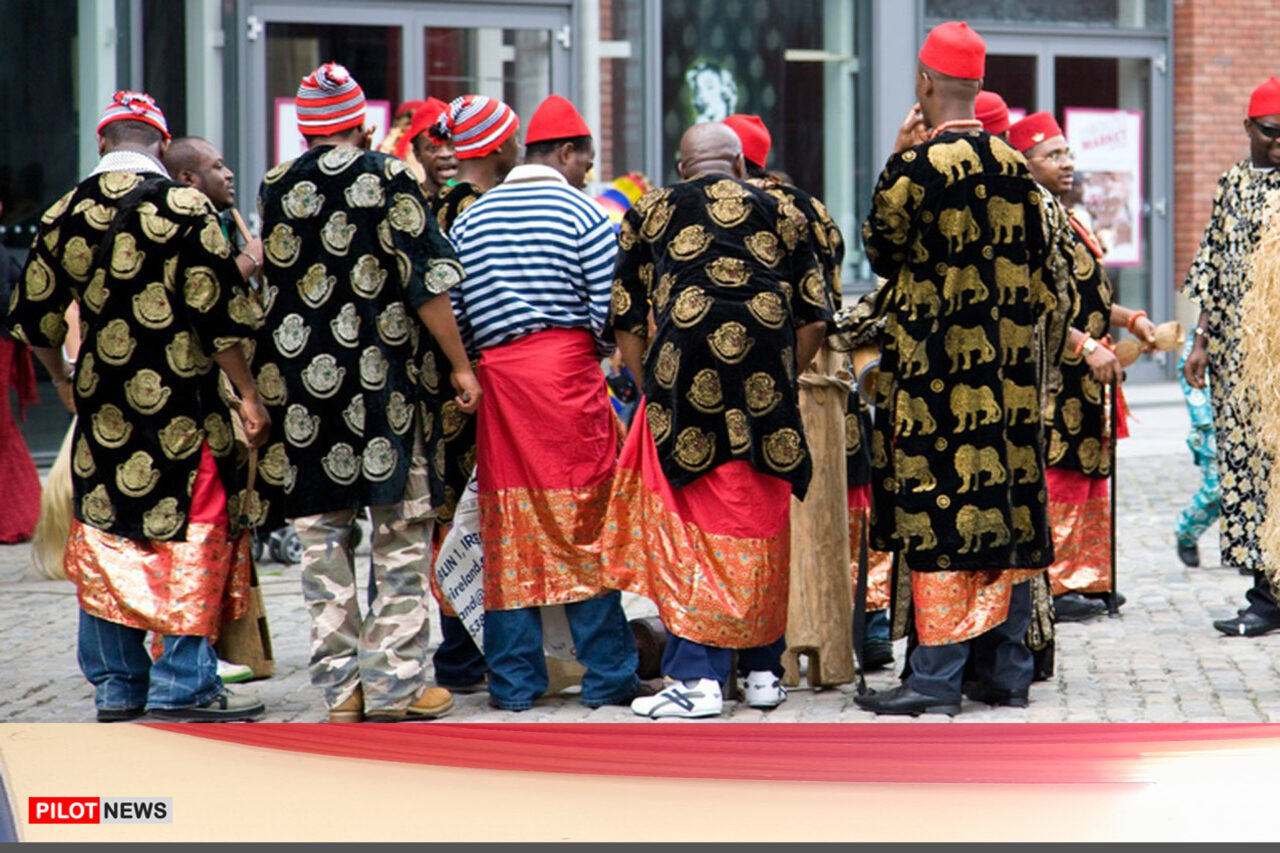The Igbo ethnic group in Nigeria is known for their entrepreneurial spirit which has been wrongly interpreted as the ‘love of money’ by other ethnic groups.
The enterprising skills of the Igbos make them migrate in droves away from their cultural enclave in southeastern Nigeria to other parts of Nigeria and beyond where they establish different lines of business ventures, which turn out to be successful in a few years.
In recent times, the entrepreneurial performance of the Igbo people of Nigeria has become outstanding. This is as most increasing numbers of Small and Medium Scale Enterprises, SMEs, as well as Large Business Enterprises, LBEs, which underscores the growth of the Nigerian economy are owned and managed by the Igbos. Curiously, the overwhelming entrepreneurial strides of the Igbos prevail amid harsh sociopolitical and economic challenges.
The Igbos are known to be business-minded. They dominate Nigeria’s economic space. You find them in every business line from retail to shipping, hospitality, import and export. In Lagos State, which is the economic hub of Nigeria, the Igbos own about 74 per cent of the thriving businesses in the state. Also, in the South East and some parts of the Niger Delta region, the story remains a surprising entrepreneurial advancement and economic prominence.
Generally, entrepreneurship refers to the act of starting a business to make a profit. However, for the Igbos, it incorporates every profit-oriented action based on innovation, creativity and the efficient utilisation of resources, which takes various forms, including ‘ibido ahia’ (starting a business), ‘izu ahia’ (starting a trade), ‘imu ahia’ (learning a trade), ‘imu oru’ (learning a craft or vocation), and ‘igba oso ahia’ (the trick of marketing another’s products with their consent at a price higher than the original price).
Of particular interest in the entrepreneurial foundation of the Igbos is the apprenticeship system known as ‘igba boi’ (serving a successful business owner/entrepreneur for several years to learn the nitty-gritty of the business) which differs from the closely-connected terms ‘imu ahia’ and ‘imu oru’. In the former, the apprentice is trained in the business for free and the training lasts between five and ten years but in the latter, the apprentice is expected to pay to acquire the skills associated with the craft and the contract is for a short period, often two years or less.
A brief comparison of the traditional apprenticeship system in the South East and the South West reveals an interesting divergence. For the Yorubas, the period of apprenticeship is usually two to three years and the apprentice does not necessarily live under the care of their master. Upon the completion of their apprenticeship, the apprentice pays the master a ‘freedom fee’, buys drinks for the master and throws a party according to their financial wherewithal before they can be presented with a certificate of graduation and officially start their own business venture.
The Igbo traditional business school is a departure from the above. The apprentice (nwaboi) lives under the care and supervision of the master, commonly called ‘oga’, and is expected to serve his master unreservedly by doing some domestic chores in the house, including car washing, ironing and cleaning as they learn the trade or vocation.
This service is grounded in the Igbo cosmological understanding of ‘Onye fee eze, eze eruo ya aka’ (he who serves the king shall himself be king afterwards). Also, the apprentice is not only appraised based on their work ethic while learning and growing the master’s business but also on their performance in non-business related areas like respect for the master’s spouse/family etc.
At the expiration of the apprenticeship contract, which at times stretches up to seven years, the master ‘settles’ the apprentice by compensating him with a take-off fund to start up his own business. Some masters even connect their ‘freed’ apprentices with prominent and affluent contacts to help them be firmly established enough to operate independently. Once this is done, the apprentice is now on his own, ‘free’ from the master.
‘Igba boi’ apprenticeship system is the arsenal behind the growing success of Igbo entrepreneurs in Nigeria and beyond. It has continued to progress because of its advantages: it encourages business expansion, networking and diversification, and is highly profit-driven.


